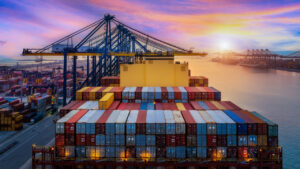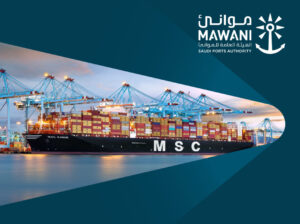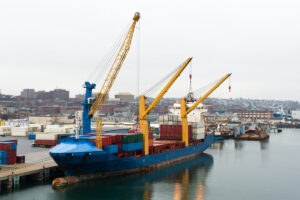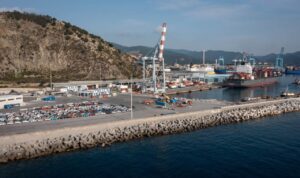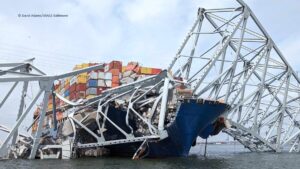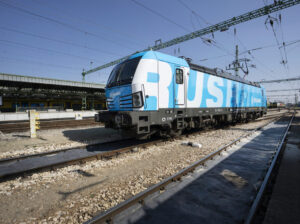Carriers received some respite recently as Asia to Europe spot rates surged after weeks of decline. However, weak Q1 demand figures have exposed their gamble on ULCVs, according to Drewry's latest insight report.
Following 14 weeks of falling Asia to North Europe spot market freight rates, carriers finally had a win last week as rates on that route surged by 153%. The World Container Index benchmark for Shanghai to Rotterdam went from a data series low of $670 per 40ft container to $1,698/40ft.
The latest numbers from container trade statistics show that combined Asia to Europe and Mediterranean volumes declined for the first time in over two years in Q1, 2015, registering a 1% fall against the same period in 2014.
It is likely that other Asian trading nations such as Vietnam will continue to increase its share of the market – Vietnam had 4.1% share of Asia to Europe container trade in 2014, up from 3.7% in 2013 – but as China is so far ahead any slowdown will be impossible to completely cover.
From May until the end of 2015 there will be 630,000 TEU worth of capacity from new ships of 10,000 TEU and above scheduled for delivery, with similar levels slated for 2016 and 2017. The order-book for 2018 and 2019 is already filling up and the data in the chart does not include reportedly imminent big new orders from Maersk Line and China Cosco.
Drewry assumes that all of the 14,000+ TEU vessels – cumulative capacity of 503,000 TEU for the remainder of 2015 – will enter the Asia-Europe trade, which poses a huge risk to carriers in a slowing market.
The Drewry view: The rush to order the biggest containerships might pay off in the long run but, at present, that gamble has backfired and carriers are faced with overcapacity in Asia-Europe, making it very difficult to see how rates will become sustainably profitable.

